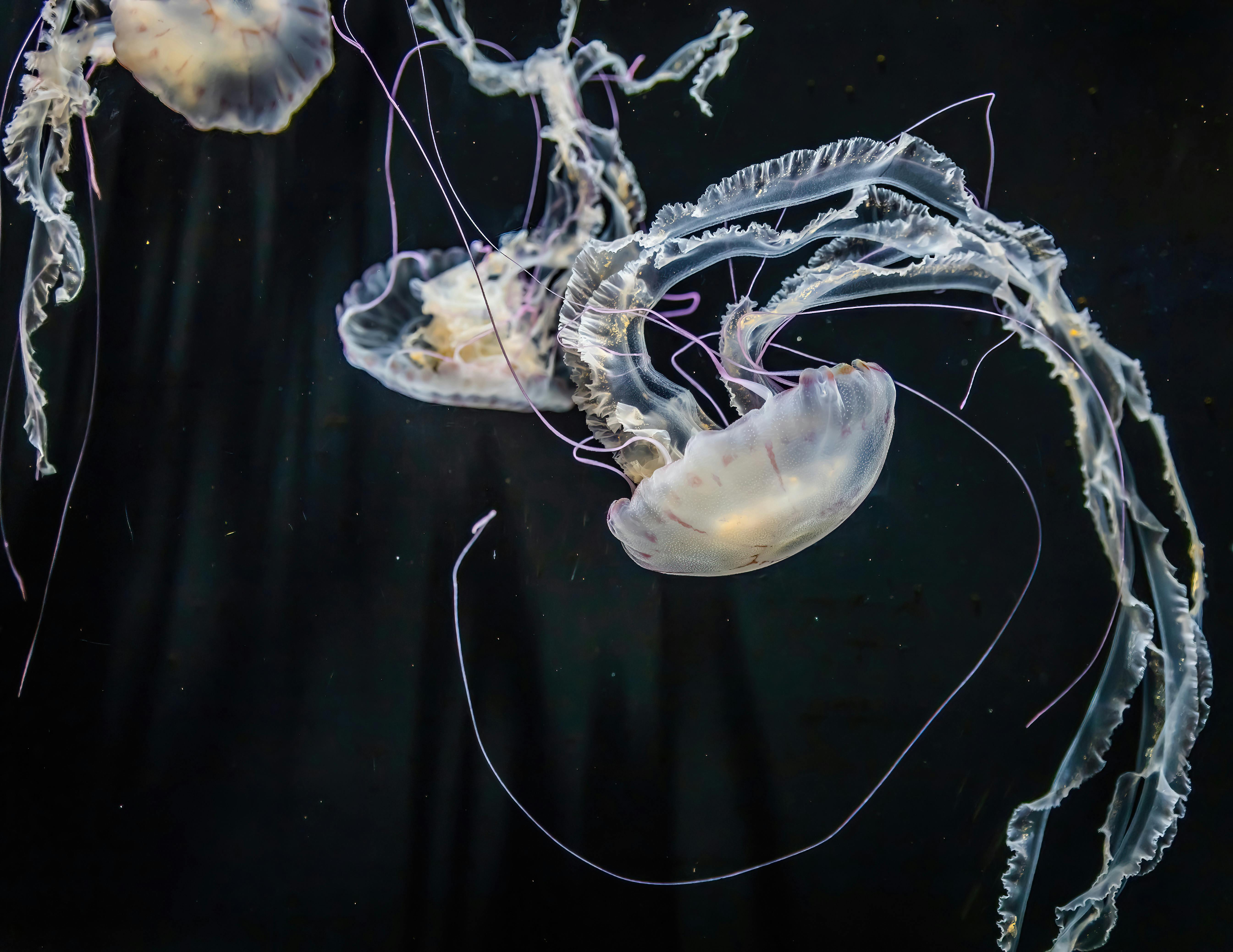Distilled water is an ideal choice for humidifiers because it does not contain minerals that can leave behind residue or build-up on the interior parts of the humidifier. This helps to eliminate the need for frequent cleaning, and it also prevents bacteria and mold from growing and spreading throughout your home. Furthermore, distilled water is free of impurities that can be found in tap water, so it won’t leave behind any unpleasant odors or tastes.Distilled water is water that has been boiled and evaporated, leaving behind any impurities, minerals, and other contaminants. It is then condensed back into liquid form. Distilled water is used in humidifiers because it is free of minerals and other substances that can build up in the humidifier and create bacteria or mold growth.
Benefits of Using Distilled Water in Humidifiers
Using distilled water in humidifiers has many advantages. It helps to reduce the buildup of minerals, bacteria, and other contaminants from recirculating through the air. Distilled water also helps to eliminate unpleasant odors caused by bacteria and mineral deposits. It can also help to improve the efficiency of the humidifier, as it does not require frequent cleaning due to its lack of deposits. Additionally, distilled water helps to ensure that the humidifier is safe for use, as it does not contain any impurities or chemicals that may be harmful if inhaled.
Another benefit of using distilled water in humidifiers is its cost-effectiveness. Since distilled water does not require frequent cleaning or filter replacements due to its lack of deposits, it can help save money over time when compared to using regular tap water. It also helps to ensure that the humidifier is running at peak performance since there are no mineral deposits clogging up the system. Furthermore, since distilled water does not contain any impurities or chemicals, it can help provide a healthier environment for people suffering from asthma and other respiratory conditions.
Advantages of Choosing Distilled Water Over Other Types of Water for Humidifiers
Humidifiers are essential appliances in homes, offices, and other places to maintain the desired air humidity levels. To ensure that the humidifier works optimally, it is important to use the right type of water. Distilled water is the most suitable type of water for humidifiers compared to other types like tap water or spring water. The benefits of using distilled water for humidifiers include:
1) Cost-Effective: Distilled water is cost-effective when compared to other types of water used in humidifiers. It does not require additional filtration or purification processes that can add up to your expenses.
2) Cleanliness: Distilled water is free from minerals, salts, and other impurities that can clog up the system and reduce its life span. This helps prevent the growth of bacteria and fungi inside the humidifier’s tank, which can contaminate the air quality.
3) Longer Life Span: Since distilled water does not contain any impurities or minerals
What Are the Disadvantages of Using Distilled Water in Humidifiers?
Using distilled water in humidifiers can be a convenient option for many people, as it is widely available and does not require any additional processing. However, there are some disadvantages to using distilled water in humidifiers that should be considered before making a decision.
First and foremost, distilled water does not contain any minerals or other beneficial compounds that can help keep the air healthy and balanced. This can make it less effective at keeping the air moist and balanced than other types of water, such as rainwater or filtered tap water. In addition, because distilled water does not contain these beneficial compounds, it can also be more prone to bacteria growth than other types of water.
Another disadvantage of using distilled water in humidifiers is that it can be more expensive than other types of water. This is because distillation requires energy to produce, which increases the cost per gallon. Additionally, because there are no minerals or other compounds present in distilled water, the cost of replacing filters is often higher than with other types of water due to the need for more frequent filter replacement.
Finally, some people
How Often Should I Change the Water in My Humidifier if I’m Using Distilled Water?
It is important to regularly change the water in your humidifier if you are using distilled water. This will help ensure that your humidifier is working properly and that you are not exposed to harmful bacteria or other contaminants. Generally, it is recommended to change the water in your humidifier once every two weeks. If you notice any changes in the quality of the air or have any concerns about mold or bacteria, it is a good idea to change the water more frequently.
When changing the water, it is important to use only distilled water. This will help reduce mineral buildup and prevent deposits from forming on the tank walls. You should also clean and disinfect the tank on a regular basis, according to manufacturer instructions. This will help keep the tank free of bacteria and other contaminants that could be released into the air when using your humidifier.
It is also important to check for signs of damage to your humidifier, such as cracks or leaks in the tank walls. If you notice any damage, it is best

Do I Need to Use Distilled Water in My Humidifier?
The short answer is yes. Most humidifiers require you to use distilled water because it contains fewer minerals and other impurities than tap or spring water. If you don’t use distilled water, the minerals and other contaminants can accumulate on the inside of the humidifier, leading to a buildup of bacteria and mold. This buildup can cause unpleasant odors, as well as increase your risk of developing respiratory illnesses. So if you want to ensure that your humidifier is running smoothly and efficiently, it’s essential to use distilled water.
You can usually tell if your humidifier requires distilled water by checking the instructions that came with it or by looking for a label on the device itself. Some models may even have a warning light that will come on if you don’t use distilled water. Additionally, many manufacturers offer replacement parts specifically designed for use with purified or distilled water, so be sure to check for those as well. Taking these steps will help ensure that your humidifier is working properly and providing optimal comfort and health benefits.
How Do I Safely Fill My Humidifier with Distilled Water?
Filling a humidifier with distilled water can be a simple and straightforward process, as long as you take the necessary safety precautions. To begin, you’ll need to make sure that your humidifier is unplugged and that you’re wearing the appropriate protective gear. It’s recommended that you wear protective eyewear and gloves when filling any type of humidifier, as this helps to keep any potentially harmful particles away from your skin and eyes.
Next, locate the fill port on your humidifier—this should be marked clearly on the base of the unit. Carefully remove the cap from the fill port and pour in distilled water until it reaches the marked line on the inside of your humidifier. Be sure not to overfill it, as this can cause water leakage or damage to your unit.
Once you’ve filled it up with distilled water, replace the fill port cap securely and plug in your humidifier. Then, turn it on to allow it to begin operating properly. It’s important to remember that distilled water needs to be changed regularly in order to ensure optimal performance of your
Is It Safe to Use Tap or Bottled Water in a Humidifier Instead of Distilled Water?
It is generally not recommended to use tap or bottled water in a humidifier instead of distilled water. Although tap and bottled water may be safe for drinking, they contain minerals that can cause problems in a humidifier. These minerals, such as calcium and magnesium, create deposits on the interior of the humidifier, which can clog it or reduce its efficiency over time. Additionally, these minerals can be released into the air along with the moisture produced by the humidifier. This can lead to staining on furniture and other surfaces as well as breathing difficulties for those who suffer from allergies or asthma.
Distilled water is free from these minerals and does not leave behind any residue when used in a humidifier. This makes it ideal for use in humidifiers and helps ensure that your device runs efficiently without any issues. If you do choose to use tap or bottled water, you should regularly clean your humidifier according to manufacturer instructions to prevent mineral buildup from damaging your device.

Conclusion
Distilled water is the best choice for use in a humidifier as it does not contain the sediment or minerals that are often found in tap water. It is easy to source, cost effective, and eliminates the risk of damage to the device. Furthermore, it can help reduce the frequency of maintenance required for a humidifier. As such, distilled water is an ideal choice for those who want to ensure their humidifier runs efficiently and effectively.
It should be noted however that distilled water should be changed regularly, ideally every few days or so in order to avoid bacteria buildup. This will ensure that your home is kept clean and free from air pollutants caused by bacteria-filled water droplets being released into the air.
In summary, distilled water is an ideal choice for use in a humidifier as it offers many advantages over other types of water while remaining cost-effective and safe for use. Choosing distilled water should help ensure that your humidifier runs smoothly and efficiently with minimal maintenance required over time.

